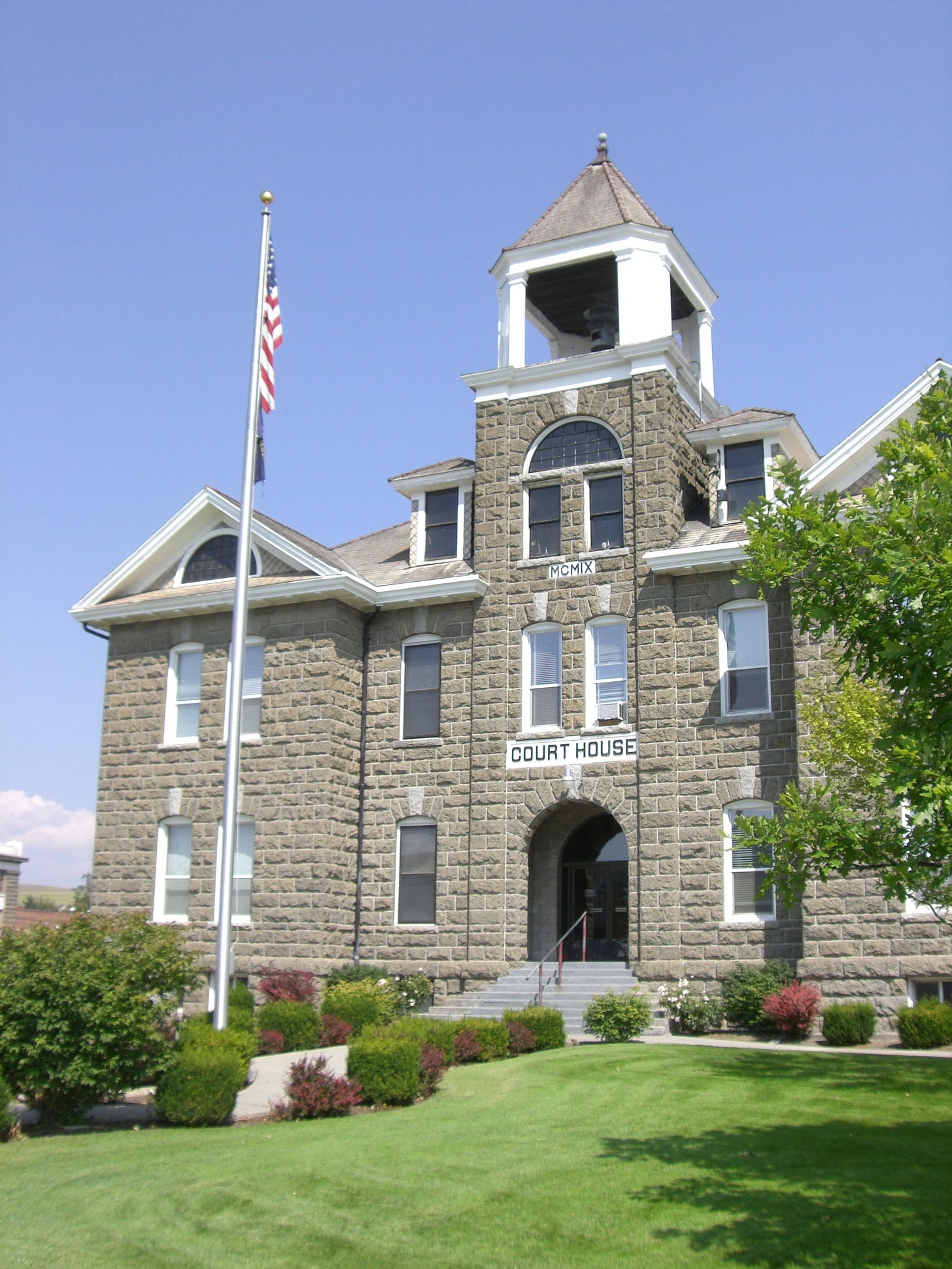The public-defense system is an unconstitutional mess
A series of reports details the depressing state of Oregon's public-defenders system and makes clear that change is necessary.

Oregon Chief Justice Martha Walters has made a request to every lawyer regardless of practice: accept public defense cases. Her plea, sent by email January 27, follows a crisis that has been brewing for 20 years: Oregon has too few public defenders, and dozens of suspects are sitting in jail, some for weeks, without attorneys, despite Gideon v. Wainwright (1963), in which the U.S. Supreme Court ordered that the government ensure representation for criminal defendants.
I’ve been a public defender in Oregon for 33 years, the past 20 managing and training attorneys. I’ve never seen our system in such disarray. Why?
First, chronic lack of funding. Perhaps only criminal suspects are less popular than lawyers; funding has always been challenging. When the state budget gets crunched, public defense takes a hit. When it grows, compensation doesn’t catch up.
Second, Oregon employs no trial-level public-defenders; all are contractors. (About half are solo practitioners or in small firms, the rest work for public-defense nonprofit law firms.) These attorneys and support staff do the state’s constitutionally mandated work, but they don’t have access to its health insurance or PERS, nor do they get automatic COLAs or step increases from the state.
Lack of funding results in low pay, high caseloads and eroding job satisfaction. Twenty years ago, an entry level position attracted 10 to 20 applicants; half were qualified and a few were exceptional. Now: we may receive three or four applicants. Compensation is 60% of that of a deputy district attorney and often less than that of a new police officer.
The Office of Public Defense Services (OPDS), overseen by the chief justice, has been concerned about growing caseloads. It concluded three years ago that the fee-per-case payment method—in which the lawyer gets paid a flat fee for each case—was unlawful because it encouraged attorneys to take too many cases. But the state created that incentive when it froze their case payments.
In response, OPDS switched to what’s called a caseload model. The State “buys” the lawyer’s time and caps the number of cases they can take. This stabilized pay and discouraged an attorney from taking too many cases, but it also meant that when the state froze payments, the attorney could not pay increased overhead or give staff raises. It also called for more attorneys. But as noted, few lawyers are drawn to the low pay and high caseloads.
OPDS next commissioned the American Bar Association to study how far behind Oregon had fallen. That study, released in January, concluded that caseloads were three times greater than they should be. We have 600 defense lawyers; we need 1,800 (plus support staff). The shortfall is no surprise; its size is astonishing. No wonder people are languishing in jail with no attorneys.
The solutions are not complicated. The state must fairly compensate current attorney providers and support staff. To retain providers and attract new hires, it should:
Increase and standardize pay rates that provide competitive salaries based on experience, geographical location, county prosecutor salaries and other county-based factors like time to trial.
For new attorneys, provide loan forgiveness and training. The Oregon Criminal Defense Lawyers Association could develop a state-funded boot camp for law students and lawyers interested in public defense.
Public defense is constitutionally required and can’t be eliminated. The question is whether the state will adequately fund the current system, or establish a state agency to take over the function.
Rob is managing partner of Harris Velazquez Gibbens, Attorneys, a litigation law firm

